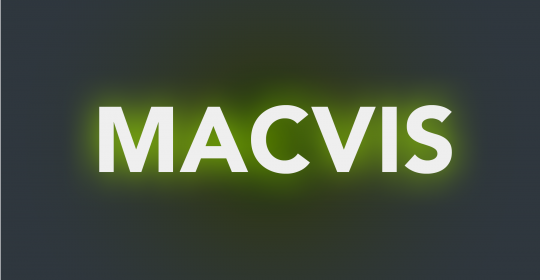Competence exists in the moment
Published: 26th January 2022By: Lasse Hamre
Knowledge and competence, knowledge and competence. Politicians love to toss these words around, especially in debates. To the recognition of many, but also to the annoyance of those who know that one of these concepts is subordinate to the other. According to many textbooks, knowledge is included as part of the concept of competence. But does this definition describe the reality of competence well enough? I want to introduce another and, dare I say, better concept of competence. A term that we can use strategically to develop our businesses and societies. And that may mean that the politicians' favourite word pair might not be so off-base after all.
Those who swear by the textbook definition will explain that knowledge is what a human being knows and can do. Together with skills and attitudes, knowledge is included in the concept of competence.
They are right about that. The definition is widely used. But this conceptual understanding is unfortunately so narrow that it can almost only be used for semantic quibbling. Yes, it is clear. It describes what is. It works well to cut and paste into a bachelor’s thesis. But does it help us to understand what competence actually is?
According to this definition, you will probably be doomed to fail if you want to do something for which you are by definition not competent to do. But that is not always true. What about what you can become?
Competence shows itself in practice
There are more definitions of competence than there are items of clothes in my closet. Personally, I like a definition that links competence to the very moment in which the task is performed. Competence is a theoretical concept. In the real world, which offers an endless stream of unique situations, it is pointless to talk about competence before it shows up in practice, in the moment or afterwards. It often turns out that many people are much more competent than you might think … and vice versa. The incompetent can prove competent, while the competent can prove incompetent.
Lawyers have chosen a narrow definition of competence. In short, they say that competence means authority. People who meet formal competence requirements can perform specific tasks. One person within this definition may, for example, have the competence to marry people, while another has the competence to drive semi-trailers.
When I worked at the Swedish military academy, I came across an alternative definition that was much more exciting. Their concept of competence was based on the situation, the moment. We must deal with the challenges of the here and now. Most challenges can be faced openly, while others are more demanding. Some are much more demanding.
It can be especially demanding if the moment, the here and now, is new and unknown. But are there ever really completely unknown situations? Will there not always be something about the situation that you recognize? As a rule, there is. It is often from here that one begins to unravel the problem.
Competence arises through collaboration
Another aspect of challenging situations is that it is very rare to be completely on your own. What happens when you add a friend or colleague to the equation? New ideas and opportunities arise. The more complex the problem, the more necessary it becomes to add more people to work on the solution. A small group can find many creative solutions when, for example, a car has run into a ditch, while a really complex problem, like the climate challenge, must be solved at an international level. It will be an enormous “group project” that almost every citizen on the planet will need to get involved in.
The key to competence lies in the situation
When challenges seem insurmountable, there are many who will say “give it some time.” Sometimes that is good advice. Problem solving is a process, and many of us have experienced that opportunities distinguish themselves from problems and become clearer as time goes on. This aspect is also included in the Swedish Armed Forces’ concept of competence. Some people are able to work methodically, while others need to sleep on it and get help from the subconscious. When the solution crystallizes, they discover that the solution in many cases could have been found in the situation the whole time. It only took a while to discover it. In other words, one can say that the situation itself contributed to competence being triggered.
Thus, we have gained a very useful concept of competence, a concept we can use strategically to develop our companies and societies. A term that can be used for more than just hitting us over the head with jargon. We can actively create the situations from which new competence can arise. These include the tasks we undertake, how we facilitate and illuminate the tasks, the use of technology and which people we involve in the work.
“Competence development is more about the situation you create than the content of the course catalogue.”
This understanding of the concept of competence is constructive. It looks ahead. A politician’s most important task is to create a future for the population. What situations do we want to facilitate, and what competence does society need to trigger? In this context, politicians’ use of the term may not be so useless after all.
Photo: “Girl with acrobatic gymnastic performance at the crossing” by Iztok Alf Kurnik is licensed under CC BY-NC-SA 2.0




